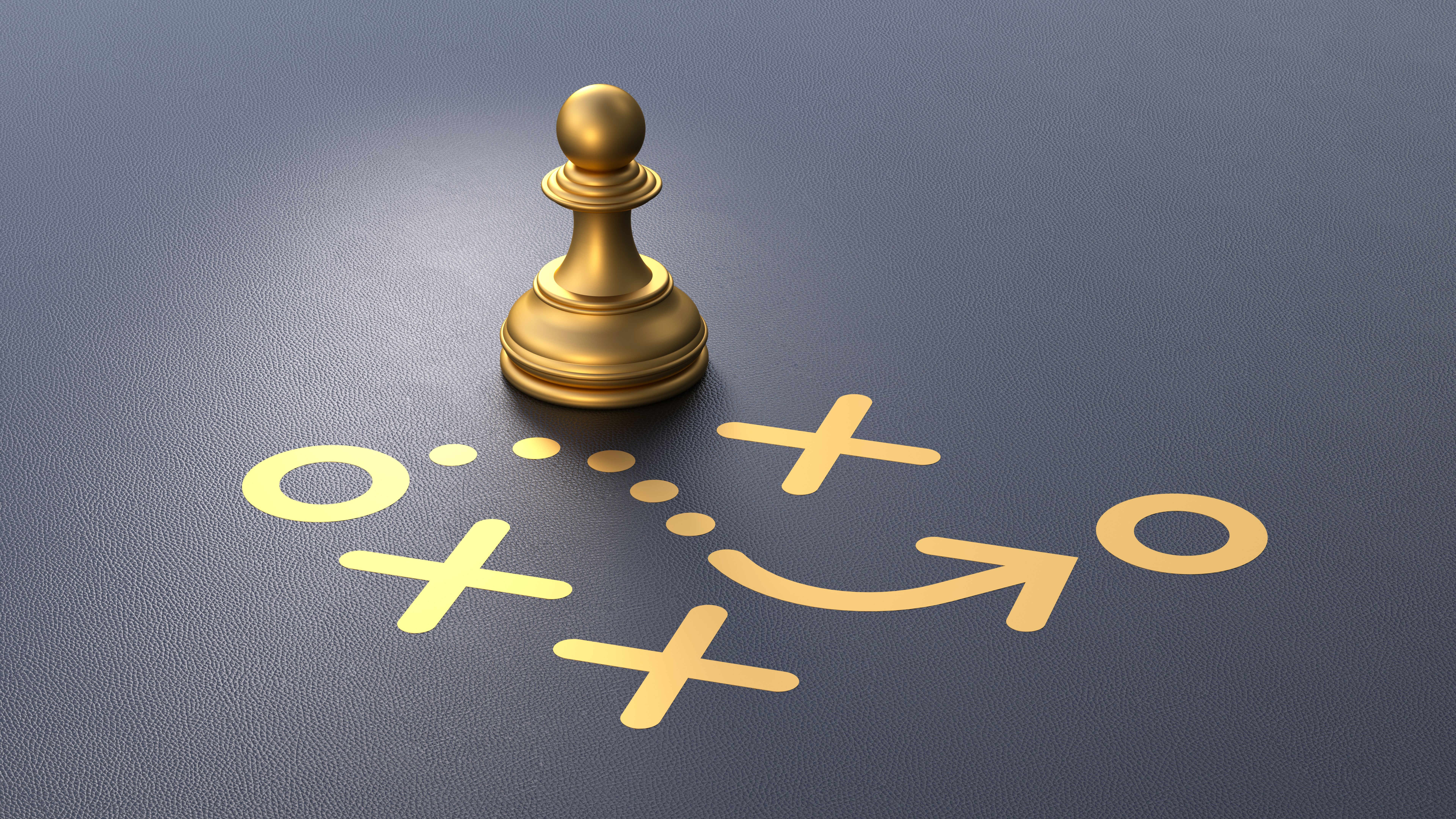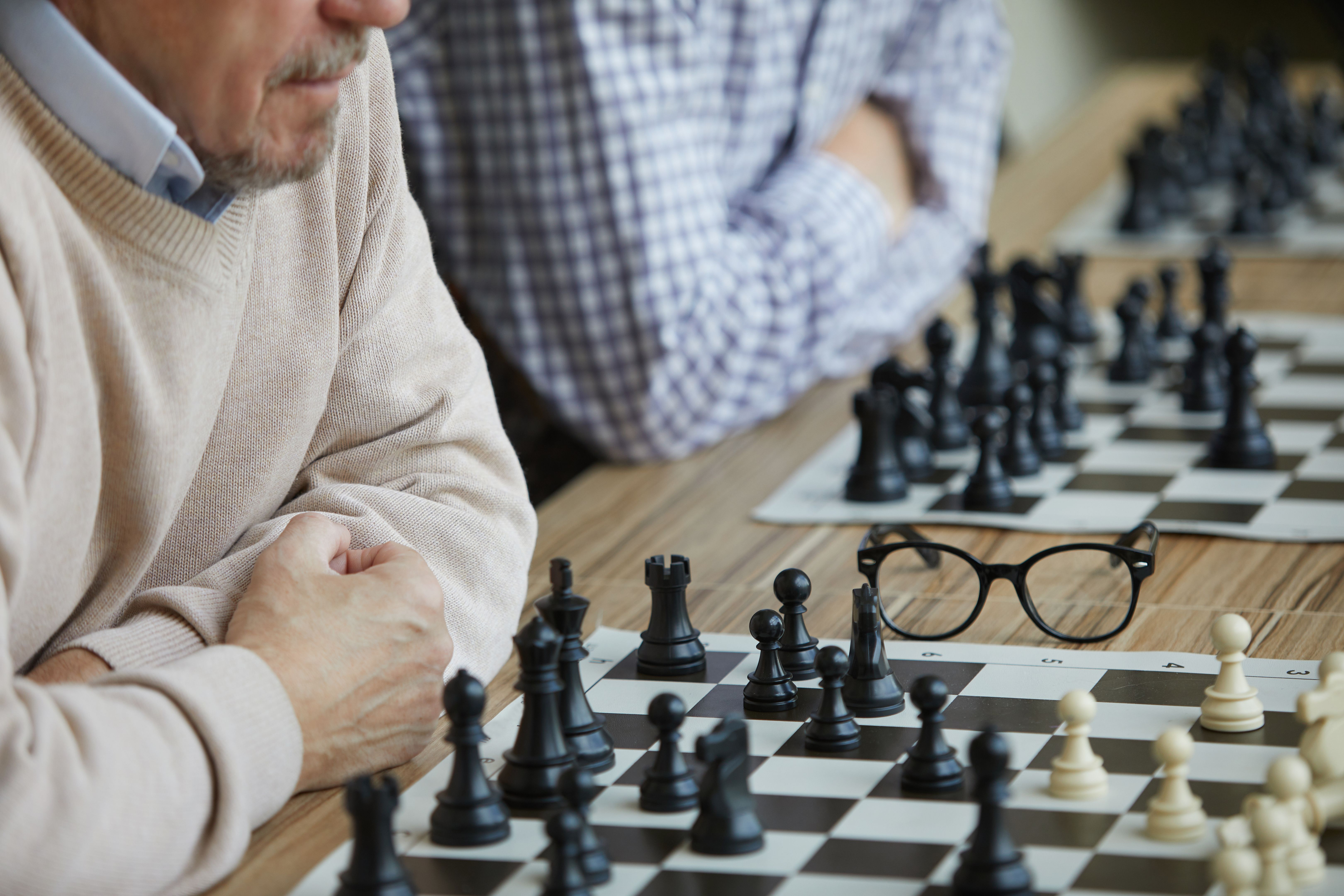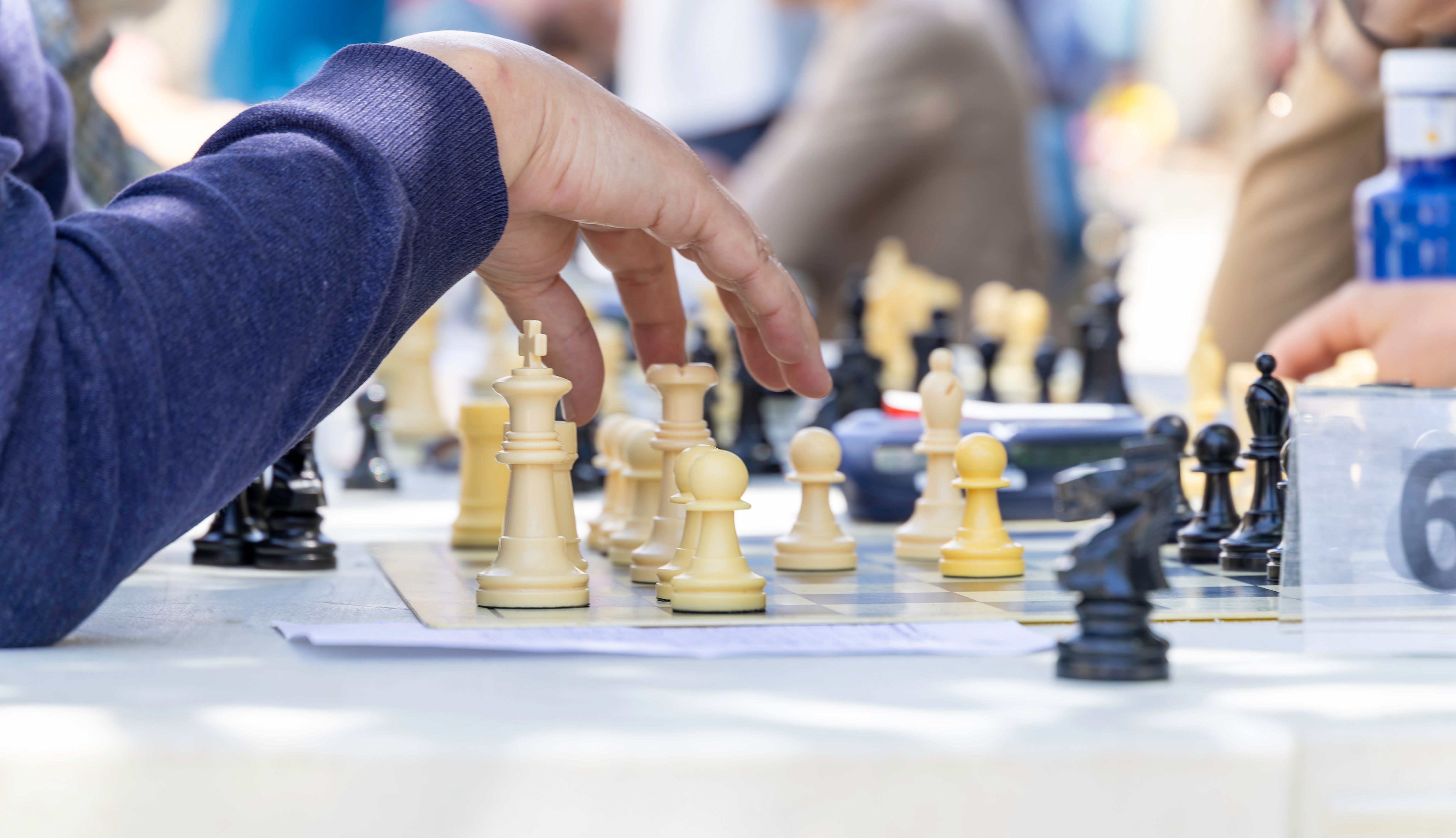Chess Myths Uncovered: Insights for Aspiring Players
The Truth Behind Common Chess Myths
Chess is a game that has intrigued minds for centuries, yet it is often clouded by myths that can mislead aspiring players. Understanding the truth behind these misconceptions can significantly enhance your approach to the game. In this blog, we'll uncover some of the most common myths associated with chess and provide insights to help you improve your skills.

Myth 1: You Need to Be a Genius to Play Chess
One of the most pervasive myths is that only geniuses can excel at chess. While intelligence can play a role, chess is a skill that anyone can learn with practice. Many great players have attributed their success to dedication, study, and experience rather than innate genius. Remember that chess is as much about strategic thinking as it is about creativity and perseverance.
Myth 2: Memorization Is Key to Winning
Another common misconception is that memorizing openings and tactics guarantees victory. While it is beneficial to know some key strategies, understanding the underlying principles of chess is more important. Developing your ability to assess positions and make strategic decisions will serve you better in the long run than rote memorization.

Misunderstandings About Chess Learning
Learning chess is often viewed as a daunting task, which can discourage beginners. However, understanding that learning chess is a gradual process can make it more approachable. Let’s delve into some false beliefs about learning chess.
Myth 3: Chess Is Only for the Young
Many people believe that you have to start playing chess at a young age to become proficient. While starting young has its advantages, adults can learn and excel in chess too. With determination and practice, players of any age can improve their skills and enjoy the game.

Myth 4: Computers Will Always Beat Humans
While it's true that computers have advanced to the point where they can outperform even the best human players, this doesn't mean humans can't enjoy and excel at chess. Computers are excellent tools for learning and improving, offering insights and analysis that can help players develop their game.
Debunking Competitive Chess Myths
The competitive world of chess also has its share of myths that can create unnecessary pressure for new players. Understanding these myths can help you approach competitions with a healthier mindset.
Myth 5: Losing Means You're Bad at Chess
In the world of chess, losing games is an inevitable part of learning and improving. Every loss provides valuable lessons that can help you refine your strategies and understand your weaknesses. Embrace each game as a learning opportunity rather than a judgment of your abilities.

By uncovering these myths, we hope to encourage aspiring players to approach chess with an open mind and enthusiasm. Remember, chess is a journey of continuous learning and enjoyment, regardless of age or experience level. With patience and practice, anyone can become a skilled player and appreciate the depth and beauty of this timeless game.